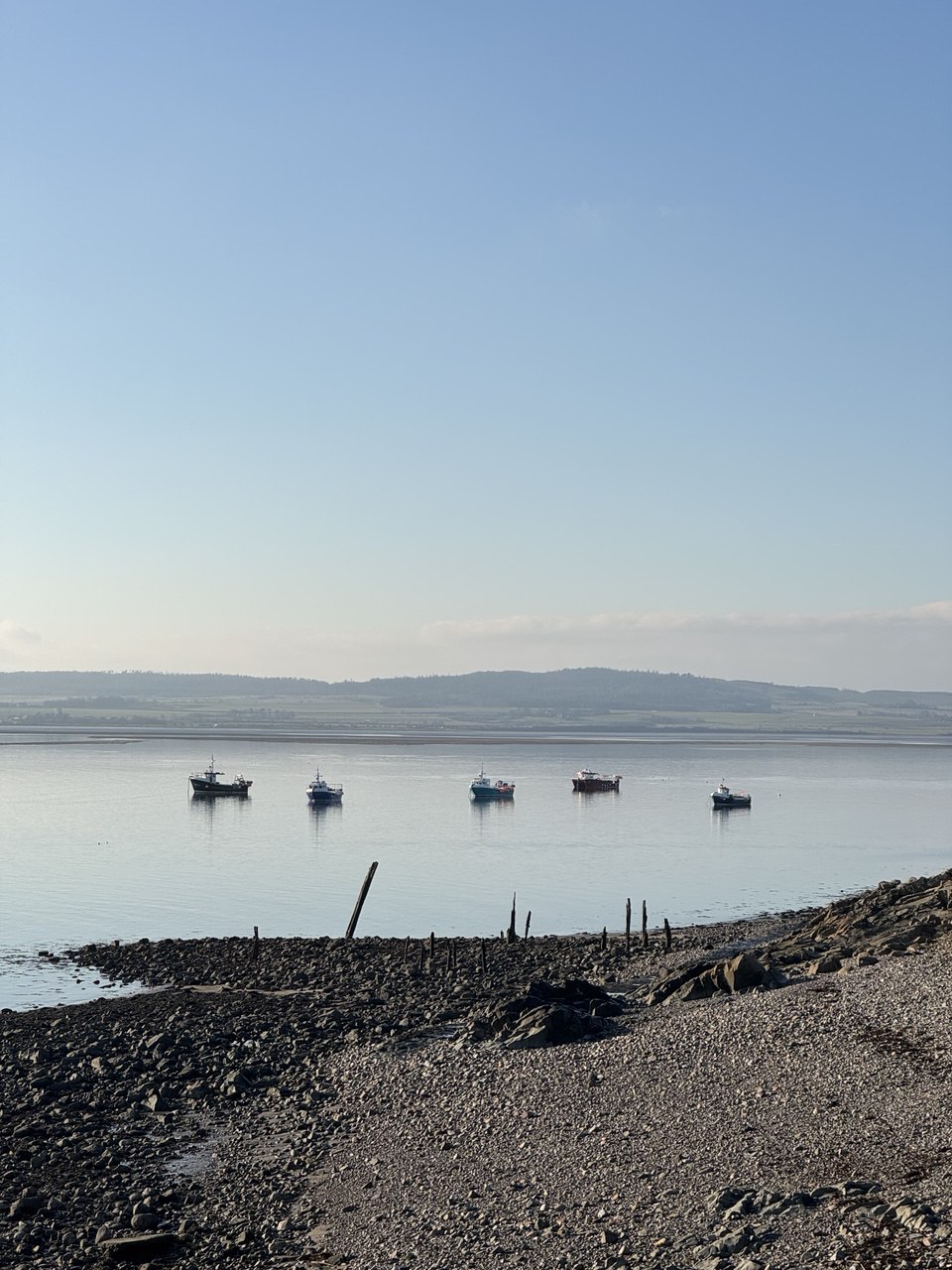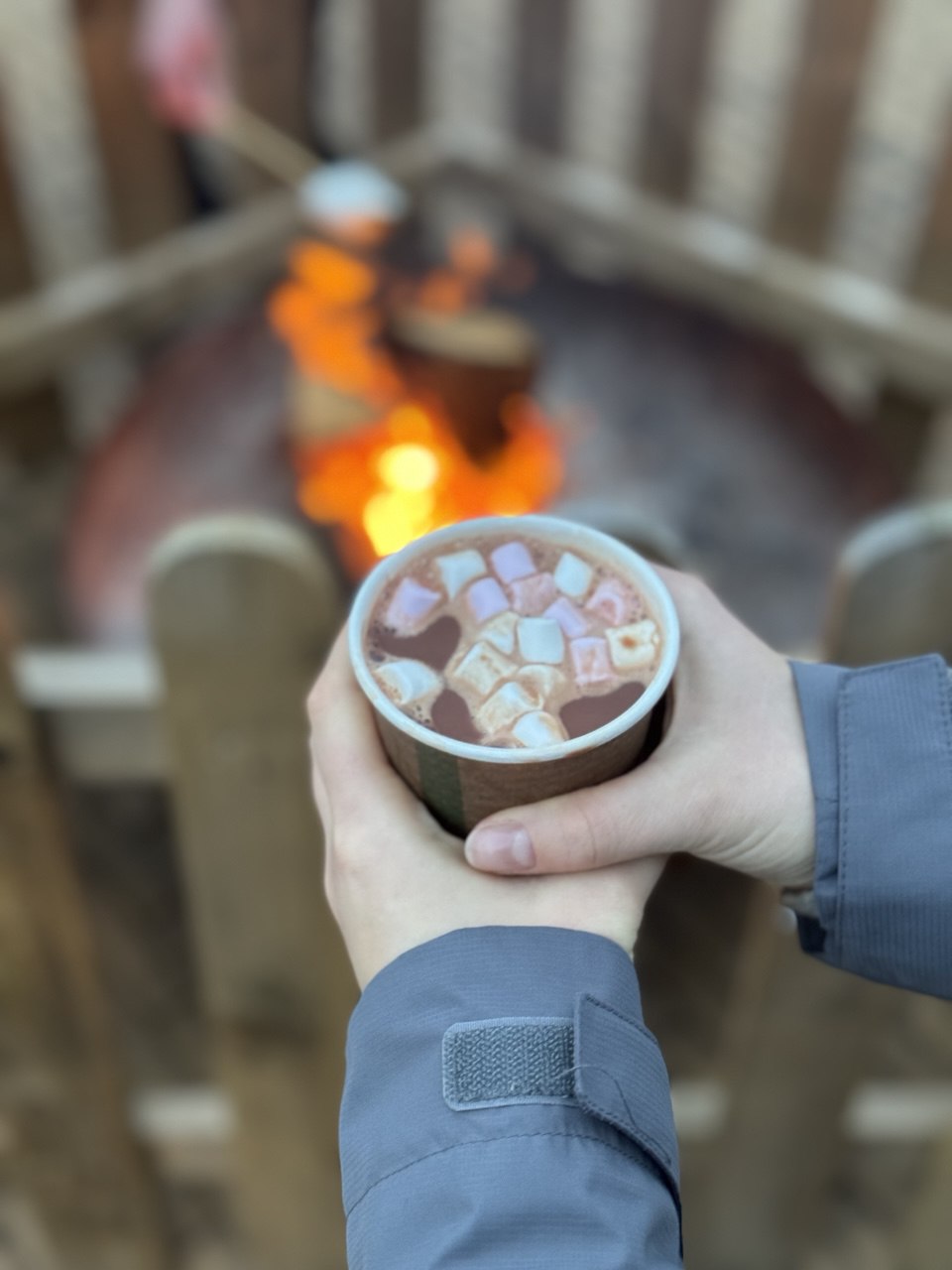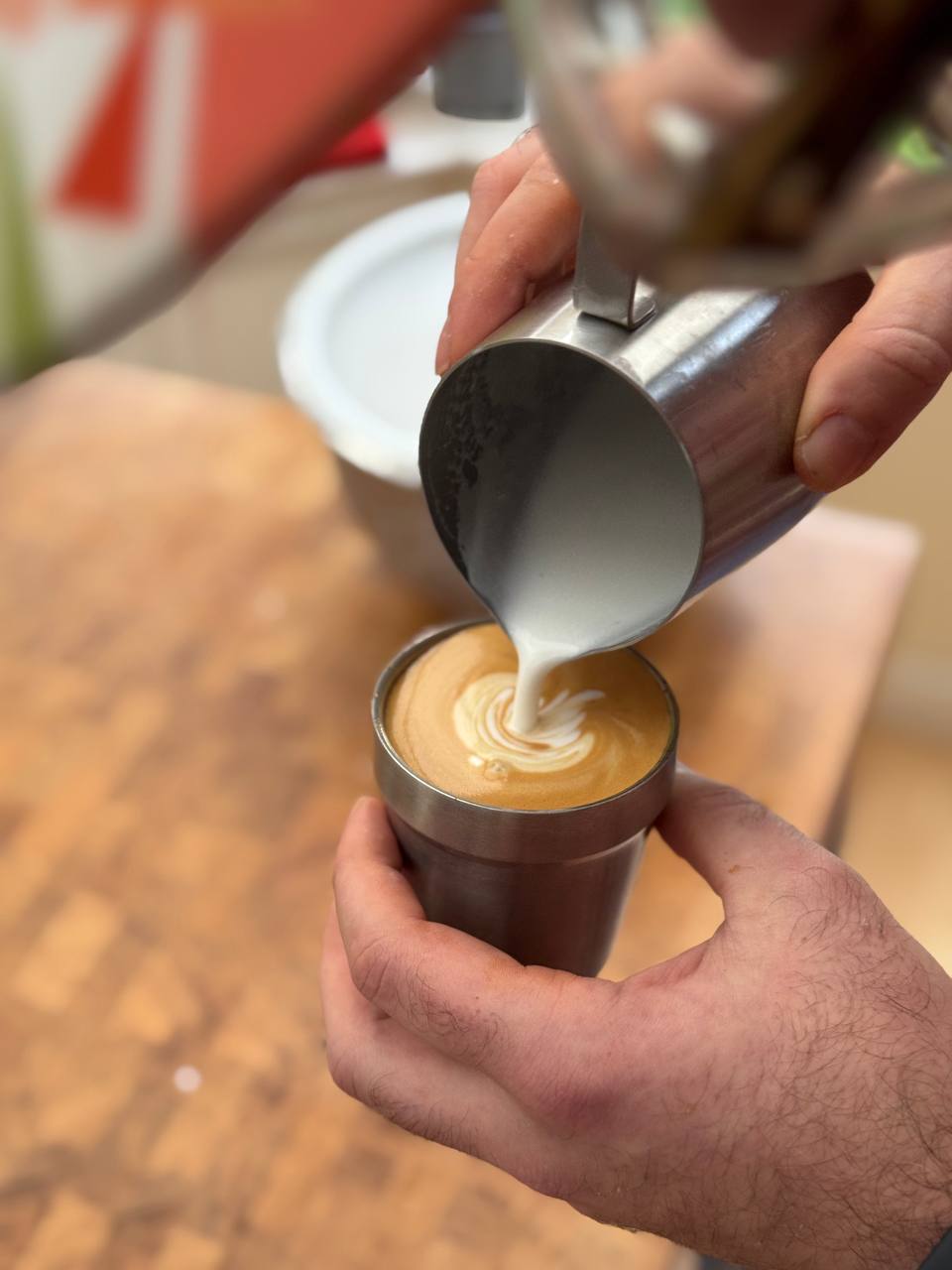TUESDAY TRIAGE #158
Anniversary Special 🎈
by Vadim Drobinin
Your weekly crème de la crème of the Internet is here!
25.07.2023 (read in browser)
Hello, world!
Three years and 158 editions later, Tuesday Triage is still your weekly crème de la crème of the Internet. So far it's been a journey of curiosity, discovery, and knowledge sharing, and I wouldn't have it any other way.
To celebrate this milestone, I'm rolling out the red carpet and inviting everyone to this anniversary edition, paid subscribers and non-subscribers alike. We're taking a trip down memory lane, revisiting the best finds from past editions.
But wait, there's more!
If you've enjoyed Tuesday Triage and want more, here's a little anniversary treat.
Use the promo code TTTURNS3 to get the first month for free or the code TTTURNS3A to get the annual subscription with lifetime discount. You'll be the first to receive the newsletter every week and gain access to every past issue.
So, buckle up as we embark on a recap of the best of Tuesday Triage and get ready for another year of exploring the web's hidden gems.
Here's to many more! 🍸
Things I enjoyed reading the most
There is something peculiar about interviews paired with food. My guess is, people feel way more relaxed, a bit distracted, and happy when eating, so it's the best time to go ahead with tricky questions. This is a highlight of most interesting lunch inteviews done over two decades at FT, including the most expensive lunch with one of the best British poets:
The main item on the agenda was alcohol, not food. Ewart began with several negronis (gin, vermouth, Campari), which is not an amateur’s drink, and carried on from there. “We departed the Café Royal in a moderately straight line,” Spivey said in the article. He put Ewart on a bus home then lurched off himself. The following day he received a call from Mrs Ewart.
“There are two things you need to know,” she said. “The first is that Gavin came home yesterday happier than I have seen him in a long time. The second – and you are not to feel bad about this – is that he died this morning.”
Another particularly British attitude hides in the words "and you are not to feel bad about this", but the article is about more than that, and shows how the lunch culture has changed over years. Back then people would easily kick it off with cocktails, while today even wine midweek is a rare event.
I wrote about the Somerton Man a few years ago, wondering if we will ever learn his story, and here we are: someone finally managed to put all pieces together and solve the puzzle.
And so, when Astrea retrieved the 2 million SNPs, the company didn’t rely on the traditional framework for DNA-sequencing reads. It used a completely different mathematical framework, called imputation. The concept of imputation is not yet fully appreciated by forensics experts who have a biological background. However, for an electronics engineer, the concept is similar to error correction: We infer and “impute” bits of information that have dropped out of a received digital signal. Such an approach is not possible with a few STRs, but when handling over a million SNPs, it’s a different ball game.
It's hard to appreciate how technologies evolve unless you either closely interact with them, or on the contrary, don't follow the news for a while and then compare the state of the union. The last time I closely looked at DNA-sequencing was in 2017, and seems like in five years a lot has happened.
There are certain things I grew to take for granted, including the vast train coverage in the UK, but it's nice to be reminded of it from time to time:
This might surprise British readers, but I have nothing but good things to say about the reliability and punctuality of trains in the UK.
I travelled quite extensively throughout Europe by train in the last three months and of all countries visited it was the UK which had the best record when it came to trains running on time as I don’t think I had one which arrived more than five minutes late.
Trains are probably my favourite transport. I used to love planes, but then I never liked any part of traveling by plane except a few moments of taking off and then a few hours of complete isolation from the world, but these days it mostly involves hours in queues, security checks, and then no peace on board as most planes now provide wifi.
Trains are the best of both worlds though.
I considered sharing this link in Things I didn't know last Tuesday but the article appeared to be even more interesting than its title.
There is an ancient belief used to check mezcal's strength during distilation: pour a think stream into a small vessel and look at bubbles.
Mezcal makers call them "pearls" and think that they should hold on the surface for 30 sec or so. If the burst faster, its ABV is either too small or too high.
The method used to determine the correct alcohol content is of particular interest: a stream of the liquor is poured into a small vessel to induce surface bubbles. These bubbles, known as pearls by the Mezcal artisans, remain stable for tenths of seconds only if the alcohol content is close to 50%. For higher or lower alcohol content, the bubbles burst rapidly.
Some scientists looked into it: used different vessels, different strengths, poured with different angles and speeds, and managed to confirm the belief and explain the science behind it.
Hopefully that means buyers won't be able to convince producers to switch to 40% ABV instead of good ol' classics.
I am yet to see a proper yellow school bus in person but I've seen enough movies to understand how common those are in the States. I never thought about the reason behind their colour but now as I think about it, it makes sense:
Like London’s antiquated black cabs and ungainly double-decker buses, America’s yellow school buses have endured while so many other forms of transportation have seen dramatic changes. That’s due, in large part, to the school bus's astonishing record on safety. Cyr said, “The most often asked question [during the 1939 conference] was, ‘Will this standard improve safety?’” School-bus color was just one of 44 standards the conferees voted on in 1939. Others included “body lengths, ceiling heights, door specifications, and aisle widths.”
It's also a huge change driven by one person, and makes for a great long read.
I make dozens of screenshots daily but most of them are either work- or newsletter-related. There is probably not much value in the former as I use them purely for testing designs or preparing PRs, but the latter is indeed a nice way to remember how everything progresses.
Each of these images tells a story of something I made. They’re not as good as having the original, working thing – but they’re much better than nothing. I can dip in quickly and easily, and instantly be reminded of the creativity of my past self.
I often look back through them, and I smile. Sometimes they remind me of a project that’s completely slipped my mind. Sometimes they show me how my approach to a particular problem has changed. Sometimes they suggest an old idea that I can reuse in a current project.
At the same time I'd challange the author's point about our access to nearly unlimited storages. I've recently ran out of my third SSD, and that's just for photo backups.
I used to have a misconception about software engineering being a very self-contained industry where clients are not interested in talking to developers and would prefer to see the results of their work instead.
In fact most of them are way more keen to spend hours discussing things instead of building them, and as the results we as engineers have to talk outloud on daily basis, and learning the rules of this game is a separates degree on its own.
Ultimately, the person in power is probably going to make the final decision, so acknowledge that. You might say, “I know you’ll make the call here. This is up to you.” That will not only show that you know your place but also remind them that they have choices, Grenny says. Don’t backtrack on your opinion or give false praise, though. “You want to show respect to the person while maintaining your own self-respect,” says Weeks.
The author doesn't mention it, but most bosses like being challenged as it pushes them to finding even better solutions, and learning how to do it respectfully is a great way to get some extra points.
It might look like an unrealistic story but those who are dealing with software long enough probably could tell at least a few similar ones: debugging is never about a programming language knowledge, it's more a way to test one's logical thinking:
By the third crash, he had noticed something. The crash occurred when the attendants were changing the tapes on an unrelated drive. And furthermore, he realized that the crash occurred as soon as one of the attendants walked across a certain tile on the floor.
This type of floor was made of aluminum tiles propped up by posts about 6 to 8 inches tall. The massive amount of wires that these computers needed were threaded under the floor tiles so that an unwary attendant wouldn’t trip over a crucial cable. The tiles were put together very tightly so that no debris would fall into the space where the wiring went.
That's why whenever I debug, the first thing to do is to observe: reproduce the issue multiple times reliably, understand what leads to an unexpected behaviour and only after that try solving it.
A hilarious report of going on a cruise based on a thriller. I barely remember the plot of the movie but it doesn't sounds like the best fit for a cruise, and yet here we are:
I cannot bring myself to attend the 8:30 a.m. beer tasting at a Trappist monastery. But my last full day includes a hike in the Austrian mountains, on which everyone is gratified to see a nun. I discover that there has been a hot tub on board, on the Sky Deck, this whole time. On the agenda for this evening is a final dinner—and no murder mystery.
Indeed, despite the cryptic notes, there never was one. No one will be killed, at least not intentionally. (Since 2000, more than 200 people have gone missing from ships like this one.)
I haven't had a chance to go on a cruise so far, but that doesn't sound that bad, especially if only for a week.
An interesting concept of protecting your passwords with the second layer of encryption, but instead of relying on something third-party just add a word or a few to all of them. So while you can store passwords in a password manager, once it is hacked you can't really do much. If instead you store only a part of each password, and the other part is something only you know about, it gets way better.
Basically, at any given point in time, you and your password manager know only a piece of the password. It's double-blind. In effect, just like You-Know-Who, you're splitting your password (soul) into pieces and storing them in different places.
Bear in mind that even though you could use a single "horcrux" for all passwords, there is a lesson from Voldemort to learn. If two passwords are compromised, the attacker might notice that they have the same suffix or prefix, and here you go -- the Basilik Venom at its best. Don't let muggles to do that to you.
Things I didn't know three years ago
Right, so this wild story is an example of why I love linguistics so much.
Multiocular O is a rare glyph variant of the Cyrillic letter O.
In the XV century some Russian monastery was asked to rewrite the Book of Psalms, but one of the writers decided that just copying it letter by letter is too boring.
He found the phrase "many-eyed seraphim" (серафими многоочитїи҄), felt like it's missing something, and figured that it's missing eyes. So he added eyes to the phrase:

And this is the only known usage of this character in the human history.
Years later, Yefim Karsky, a famous linguist-Slavist, found this book, spent hours studying it, and documented the character as "multiocular O".
Even more years later, this glyph somehow ended up in Unicode: a collection of most important characters used to render texts on our phones and computers.
So now we can read the words серафимимн҆огоꙮ҆читїи҆ precisely as it was imagined by some XV century clerk.
He'd have been very proud.
William Gibson's first non-fictional piece was about Singapore and as you can guess from the title, the man wasn't happy:
The article follows Gibson's observations of the architecture, phenomenology and culture of Singapore, and the clean, bland and conformist impression the city-state conveys during his stay. Its title and central metaphor—Singapore as Disneyland with the death penalty—is a reference to the authoritarian artifice the author perceives the city-state to be.
It was written thirty years ago though, and Singapore that I've seen in 2015 was definitely way more democratic (although it's hard to tell during a short visit).
So there is this stone used to crown British monarch for centuries (and before that, to crown Scottish kings as well), and at some point it was stolen from England by a few Scottish lads.
Ever since the reign of King Edward I, all succeeding British monarchs have been crowned sovereign over a slab of rock known as the Stone of Destiny. It goes by other titles such as the Coronation Stone in England and Stane o Scuin (Stone of Scone) in Scotland.

The rumour is, even though eventually the thieves were found and they gave the stone back, some people are sure that the original is still in Glasgow's pub called The Arlington Bar, where it is proudly displayed in a glass window.
In May 1990 The Coca-Cola company released special mechanical cans of Coke, some of which had a spring-loaded tab and dispensed cash and gift certificates.
To make the cans feel and weigh normal, and prevent people from easily finding the prize cans, a sealed area within the cans was filled with a mixture of chlorinated water and a foul-smelling substance to discourage drinking
I've mentioned salep quite some time ago, and while I already knew it is used for the stretchy Turkish ice cream, seems like there is a different version that goes heavier on mastic but is as chewy:
Booza is a Middle Eastern frozen dairy dessert made with mastic and sahlab (orchid flour), giving it its distinguished stretchy and chewy texture—much like dondurma.

While salep is probably illegal to export from Turkey, I already have some mastic at home, so that will be probably the next ice cream I make.
A fruit used to make everything from wine to tattoos:
This yellow-orange fruit ranges in size from kiwi to melon, and tastes like dried apple or quince when ripe. Central and South Americans use jagua in sweets, wine, syrups, and liquor, but—most specifically—for its vibrant natural dye.

It's juice is transparent when unripen though. Probably it might have a smart usage for colour-changing cocktails, even though I am not a big fan of those (but that's a different story).
As you might guess, I researched a lot about hunting over the last month, but this is something new:
The Glorious Twelfth is the twelfth day of August, the start of the shooting season for red grouse.

I also consider setting up an alarm so I might get a few grouses myself as soon as they're on the market.
This is another name for Northern Lights, which are apparently rather common in Scotland, hence the fun origins:
The Mirrie Dancers are the Shetland name for the Northern Lights, with the word 'mirr' meaning 'to shimmer'
Seems like the season runs from now until early Spring, so I wonder if it's worth hunting for.
I am not an often guest at McDonald's but I remember their Heinz sauce tabs well. At some point I thought that it's a cultural difference and here in the UK they just have a different supplier but apparently the story is more interesting:
The world's biggest fast-food chain said it would drop the ketchup after Bernardo Hees, the former head of rival Burger King, took over as Heinz's chief executive.
Obviously that'd not be the single reason, and there are more examples where McDonald's weren't happy with Heinz decisions (e.g preferring to sell to groceries as that's where the revenue streams are better).
And speaking about designs, here is a good example of balanced UI and UX:
The moustache cup (or mustache cup) is a drinking cup with a semicircular ledge inside. The ledge has a half moon-shaped opening to allow the passage of liquids and serves as a guard to keep moustaches dry. It is generally acknowledged to have been invented in the 1860s by British potter Harvey Adams (born 1835).

I am very disappointed there are no "moustache plates", or forks, or soup dishes for that matter as they would be of a great use.
At least there are cups starting from £10 on Ebay, which is not too bad given it's Victorian era more or less.
Books of the weeks
It would be safe to say that the vast majority of the books I've read cover to cover over the last three years were food-related.
Most of them were cookbooks of some kind: these days I recognize good cookbooks by cover or publisher and spot mistakes in recipes just by glancing at the list of ingredients. If I were to highlight one, it'd be Ekstedt.
Not all food-related books were focused on recipes, and some didn't really need many of them to be extremely useful, so while I didn't yet cook anything from On eating insects I am pretty sure I will.
I also surprisingly enjoyed reading auto-biographies, even though choosing the ones to read is very difficult: seems like everyone these days has an autobiography (guilty myself). The best one so far was Greenlights.
There wasn't much time for novels, but I managed to carve some time out for a few, both classic and modern. It's harder to choose here but while I can re-read Master and Margarita multiple times a year, the most mind-blowing one was S. as I never experienced reading in so unusual way.
The only category I didn't really enjoy reading much was the popular science one. Most of the books I picked up here could've been a 15-min long blog article instead.
Maybe next time.
Thank you and see you in a week
(or in a month)!
If you'd like to support the newsletter, please subscribe to the weekly plan. Otherwise you will keep receiving the letters on a monthly cadence – no need to do anything to opt-in.
If you have any questions, or want to suggest a link for the next newsletter, please drop me a message on Twitter or reply to this email.
Cheers! 🍸
|








